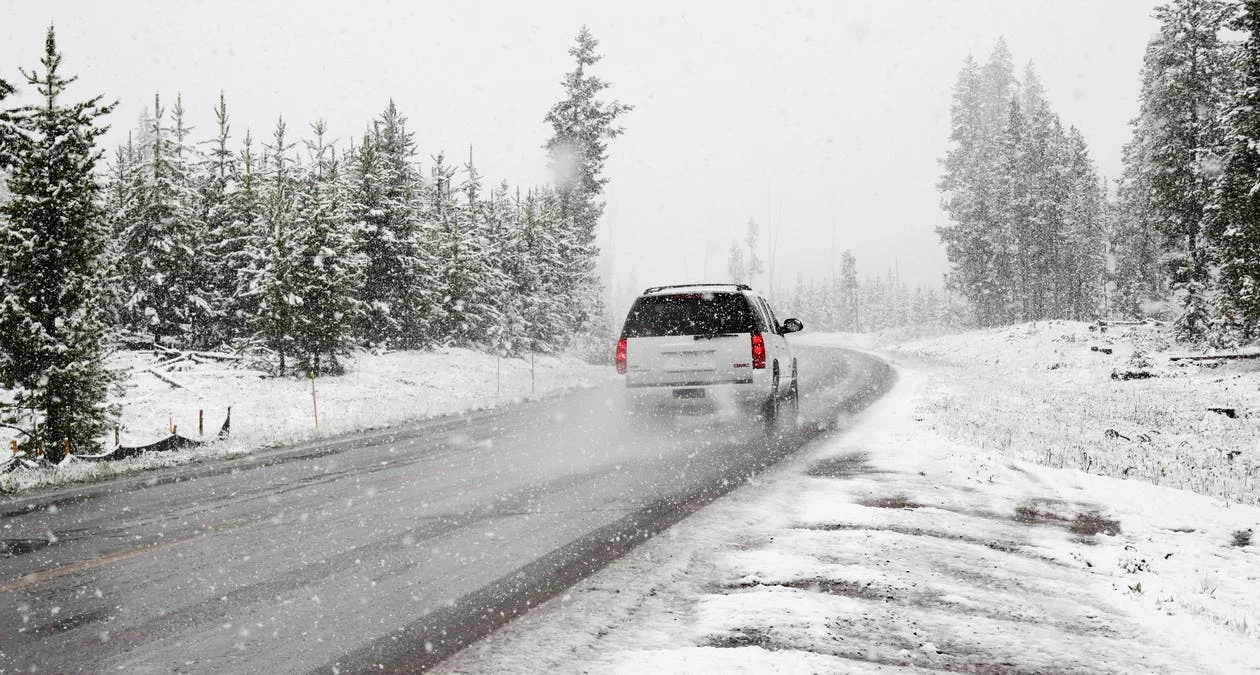Readers of The Michigan Law Firm, PLLC blog may remember two articles from this past summer that documented the saga of a Michigan man receiving a ticket for warming up his car one winter morning. Nick Taylor Trupiano, age 24 and of Roseville, Michigan, started his car in his driveway one morning in January of 2017. Taylor went back in his house to wait for it to warm up, but when he went back out to his car, was shocked to find a ticket on the windshield. The ticket read, “Vehicle parked in drive with keys in the ignition, motor running -- no one around."
Trupiano, angry and confused by the $128 fine, posted a picture of the ticket on Facebook, along with a heated description of the situation. The post was shared over 14,000 times. Facebook users were both angered at the Roseville Police Department for the bizarre ticket, and concerned that the same thing could happen to them. The Roseville Police Department responded, saying that, by leaving the car on with the keys in the ignition, Trupiano was “putting the public at risk” and creating a “public safety issue.” Essentially, Trupiano was leaving the car open to being stolen, since it was sitting in public view with the keys in the ignition. The law that Trupiano was ticketed under was put in place in order to deter carjackings. Had he started his car with a remote starter, it would have been fine. It’s the fact that the keys were in the ignition, making it fairly easy to steal the car, that was the issue. Trupiano fought the ticket, but lost, and was forced to pay the fine.
Many Michigan residents were concerned that the same thing could happen to them, since it's common for Michiganders in the middle of a harsh, typical winter to warm their cars up while they wait inside. Agreeing with Michigan citizens, Representative Holly Hughes introduced Bill 4215, a bill that would make it legal to leave a car running with the keys in the ignition so long as it was on private property. The bill passed the Michigan House of Representatives, and Governor Rick Snyder officially signed it into law on June 28, 2017. To be clear, it is still illegal to leave a car running with the keys in the ignition on public roads and freeways.
While the bill may have alleviated many Michigan residents’ fears about being ticketed for warming up their car in the winter, what was lost in the debate is whether or not cars even need to be warmed up in the winter. The short answer is, no. The idea that drivers need to warm up their vehicles before driving in the winter does stem from some truth, but doesn’t carry much weight now. According to the Washington Post, it is true that a vehicle's fuel economy does decrease significantly in colder temperatures, and it does take longer for the engine to warm up to its optimal temperature in the winter. More so, vehicles manufactured with carburetors do need to be warmed up in order to work well and prevent the car from stalling. However, automobile manufacturers stopped using carburetors by the mid 1990s, and began using electronic fuel injections. Electronic fuel injections can monitor and adjust to the temperature, so warming up isn’t necessary. As a result, modern vehicles don’t need to be warmed up for more than 30 seconds before driving - the engine will warm up faster while being driven than it would will idling in the driveway.
In short, if you’re warming up your vehicle to help your engine, that really isn’t necessary. But if you idle your car in the morning simply so your car is warm and you don’t have to spend the first 10 minutes of your commute in an icebox, that’s a different story! Many drivers warm up their car for comfort, but it’s important to consider the economic and environmental implications. Idling your car not only wastes fuel (and thereby wastes money) but it also gives off greenhouse gas emissions. A 2009 study found that idling cars account for 1.6% of all greenhouse gas emissions in America. While some idling, such as idling in traffic, is unavoidable, idling in the driveway is not. That same study found that based on the price of fuel in 2009, Americans could save $5.9 billion a year on fuel costs if drivers would cut out unnecessary idling.
Whether you decide to idle your car in the morning or not is up to you. But if you do decide to idle your car, make sure you do so in your driveway, where it is now legal. Do so on a public street, and you are fair game for a ticket.
While accidents can happen any time of year, driving in snowy and icy conditions can be especially challenging, and can lead to winter weather car accidents. If you have been involved in an automobile accident due to winter road conditions, call The Michigan Law Firm, PLLC at 844.4MI.FIRM for a free legal consultation.



